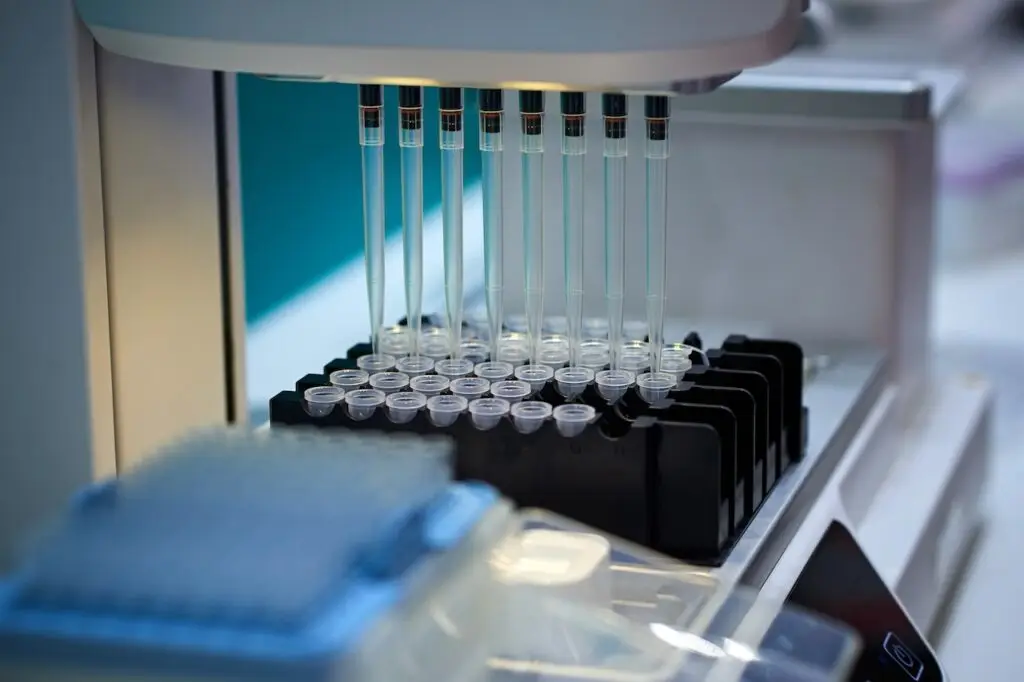What tests are available for breast cancer patients?
We were fortunate to recently host Dr. Sara Hurvitz, a medical oncologist and clinical research leader at Fred Hutch, as part of our “Ask the Expert” webinar series. Dr. Hurvitz led a deep dive into the important advancements in breast cancer testing that all patients should know.
You can read part 1 of our blog recap of Dr. Hurvitz’s webinar here.
The following questions and responses have been lightly edited for grammatical purposes.
Q: OncotypeDX is widely discussed, but it’s not the only diagnostic or predictive test out there. Can you explain the differences between Oncotype, MammaPrint, and Prosigna? How does an oncologist decide which test to use?
A: All of these tests give you information about your prognosis. How likely is it that the cancer is going to come back in five years and 10 years and 15 years? And that’s information that maybe you want to have. But how useful is that to hear? You have a high risk of breast cancer being back in the next 15 years? It’s like, “Okay, great.” You’re living life with this cloud above your head. Oncotype gives you that information and tells you what the effects of acting on that [information] will do. “If I take chemotherapy, that risk is reduced by X amount.” And that’s why it’s so helpful. What we don’t yet have is information from Oncotype telling us, “Well, if we do a CDK 4/6 inhibitor instead of chemo, how does that work?” And, “If I take the anti-estrogen therapy for 10 years versus five years, can I lower that risk?” But it is kind of ahead of the game in terms of giving us what we call predictive information. It gives us a result that will predict how effective a different treatment would be chemo. In this case, MammaPrint gives us prognostic information, but there has not been a large trial like TAILORx or RxPONDER, that they did with Oncotype to show it’s as predictive.
Evidence-based guidance powered by NCCN Guidelines®
Personalized treatment plans shaped by the latest oncology standards—tailored to your diagnosis.
Get started
View your personalized treatment plan in the Outcomes4Me app
Use your diagnosis to unlock personalized NCCN Guidelines®-aligned recommendations.
Continue in app
So there is some data that you can use it that way; it’s more validated in lymph node-positive. And in other subtypes there’s Prosigna that uses something called the PAM50 genotype, and it tells a patient, “Do you have Luminal type of breast cancer that’s really hormonally driven, or is yours behaving more aggressively?” Again, it’s prognostic information. You’ve got EndoPredict and BCI [Breast Cancer Index]. These are all tests that are primarily prognostic, and don’t give a ton of information based on good peer, scientific evidence that acting on it will benefit a patient, although there are assumptions that oncologists make when they see the results that make them think, “Okay, if we do this, maybe we’ll have a better outcome.” But the best and most evidenced one is Oncotype.
Q: You mentioned the Breast Cancer Index or the BCI. How does the BCI test determine whether I need extended endocrine therapy beyond 5 years?
A: BCI is interesting because they built their test looking at “What is your risk after completing endocrine therapy and does long-term therapy benefit patients?” And it was primarily built on retrospective analyses of large studies. They didn’t take the test and then randomize patients who’d completed their therapy, based on the test result, to receive 10 years of therapy versus stopping therapy. That would be a good scientific experiment to test that. And one of their validation tests that they did to see if the result sort of predicts for long-term benefit from endocrine therapy was a negative study. So I’m kind of mixed on my review of BCI, and how to use it. Again, I feel like the information tends to be more prognostic, and the majority of patients with sort of higher risk breast cancer, who I’m worried about have received an aromatase inhibitor for five years, and they didn’t really validate BCI looking to tell us, “If we do 10 years of the aromatase inhibitor, is it better than 5 years?” Most of the data comes from Tamoxifen-treated patients. Maybe we’ll have more data in the future, and it’s probably emerging, but it’s something to keep our eye on.
Q: What is the HER2DX test? And how does it guide treatment decisions for HER2-positive disease?
A: HER2DX is getting a lot of play right now. I think the developers are oncologists and clinical researchers who spun out a company. And it’s going to be a commercially available test that may predict how likely a patient who has HER2-positive breast cancer is to have a pathologic, complete response with their HER2-targeted therapy. It also gives some information about whether or not a patient’s going to have a recurrence. So it’s specific for patients who have early-stage, HER2-positive breast cancer. They’re going to get their medicine–their chemotherapy, their HER2-targeted therapy–prior to surgery. And it gives you an idea of how likely it is that the tumor will respond completely, and there will be no cancer left at the time of surgery. And they’re looking at things like the HER2 expression level. And they’re looking at things, I believe, like tumor-infiltrating lymphocytes and the size and the nodal status. So they’re taking into account all of these factors to generate that [information] with the hope that the oncologist can, in the future, if it’s validated in a clinical trial, use that information to tailor a patient’s therapy. If the score is really good, maybe use less chemo or a shorter duration of therapy, and if the score is high, maybe use a more accelerated approach. So this is still under heavy investigation. I’m not using it in clinical practice. I don’t think it’s endorsed by the guidelines to be used in clinical practice, but I would encourage all my investigators who are creating trials here, and all patients who are considering trials, I would encourage them to be a part of the research that’s going to validate this.
View the full webinar recording with Dr. Hurvitz here.
Personalized support for real care decisions
Understand your diagnosis, explore clinical trials, and track symptoms--all in one place.
Get started
Compare treatments, prepare for appointments, and track side effects—all in the app
Built for your diagnosis, Outcomes4Me gives you the tools to make confident, informed decisions—right when you need them.
Continue in app






